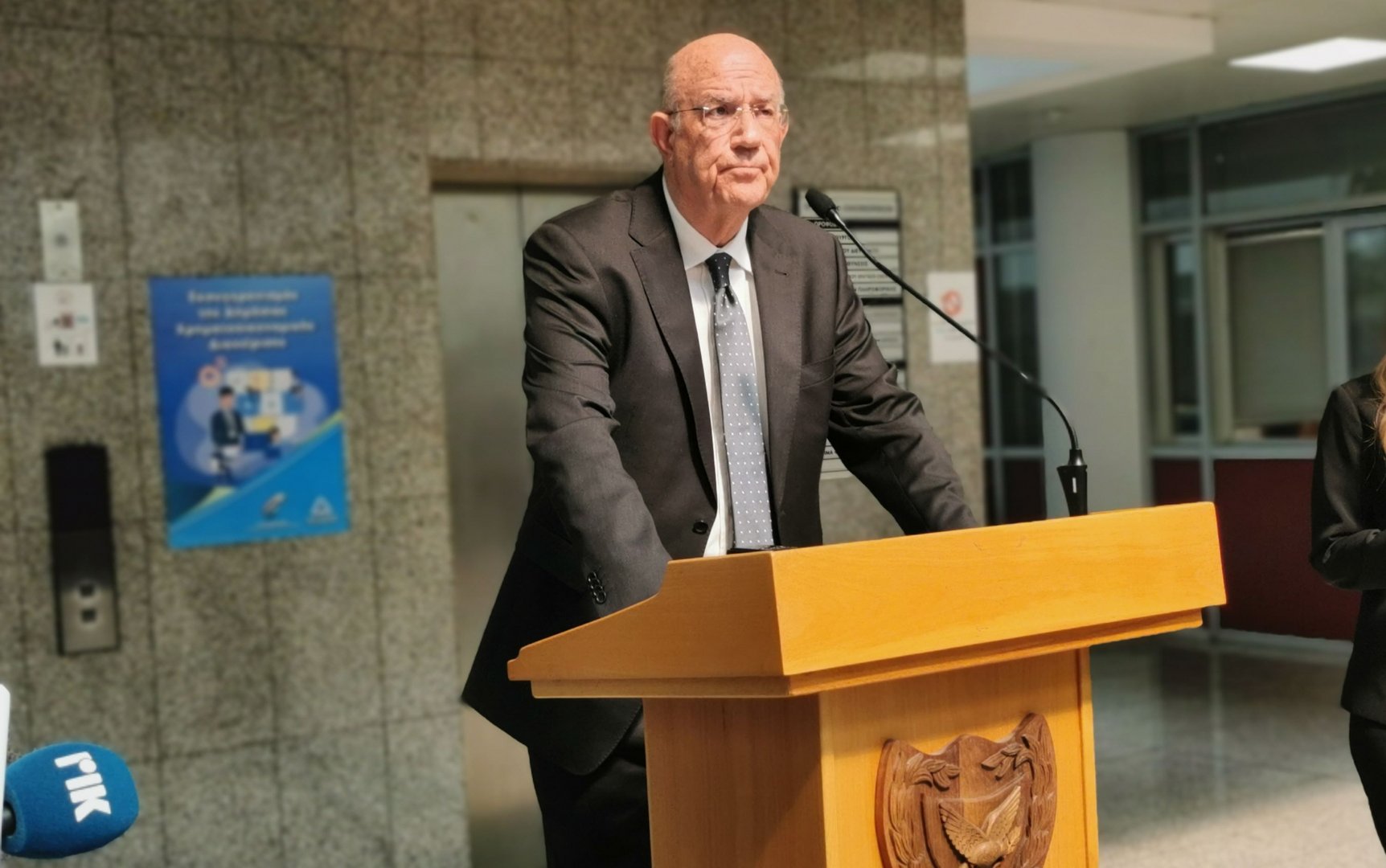Banks have yet to react to an appeal from Finance Minister Makis Keravnos not to raise their interest rates on performing loans, forcing the minister to publicise his communications with them.
Earlier this week, Keravnos made public the letters he had sent to lenders on April 11, where he had urged them to absorb some losses for the time being by not raising their lending rates on performing loans of up to €350,000.
It was the minister’s second attempt to shield borrowers following two successive interest rate hikes from the European Central Bank (ECB) in its bid to fight inflation.
According to media reports, the Banking Association has avoided engaging so far, believing that any direct talks with the minister for an across-the-board deal on interest rates would open up a legal can of worms – potential violations of competition legislation.
With the Banking Association not willing to talk, that leaves the finance minister the option of holding separate meetings with the country’s two systemic banks – Hellenic Bank and Bank of Cyprus.
Based on the ECB’s base rate of 3 per cent, and the three-month Euribor at 3.20 per cent, thousands of borrowers could see their loan installments spike. Analysts meanwhile anticipate the ECB may announce another rate hike of 25 basis points in early May.
Another problem in committing Cypriot lenders to a uniform interest rate policy on certain loans, lies in that their portfolios have major differences.
Back in March, the ECB decided to increase the three key interest rates by 50 basis points.
According to the press release, this was “in line with its determination to ensure the timely return of inflation to the 2 per cent medium-term target.”
The March hike came after the ECB had likewise raised rates by 50 basis points in February.
In its March press release, the ECB did not telegraph a new rates hike, but said it would continue tracking the situation and act accordingly.
During a discussion in parliament last month, the Central Bank of Cyprus said the cost of borrowing – both for home loans and business loans – had gone up by about 1 per cent.
Since July 2022, lending rates on new home loans rose from 2.55 per cent to 3.50 per cent, while rates on business loans ticked up by 1.58 per cent.
At the time the ECB official was unable to provide MPs with precise data on how many loans were on variable rates, and how many on fixed rates. The official did say that most loans are on variable rates, and that rates have gone up, but not to the maximum within the new band set by the European Central Bank.







Click here to change your cookie preferences